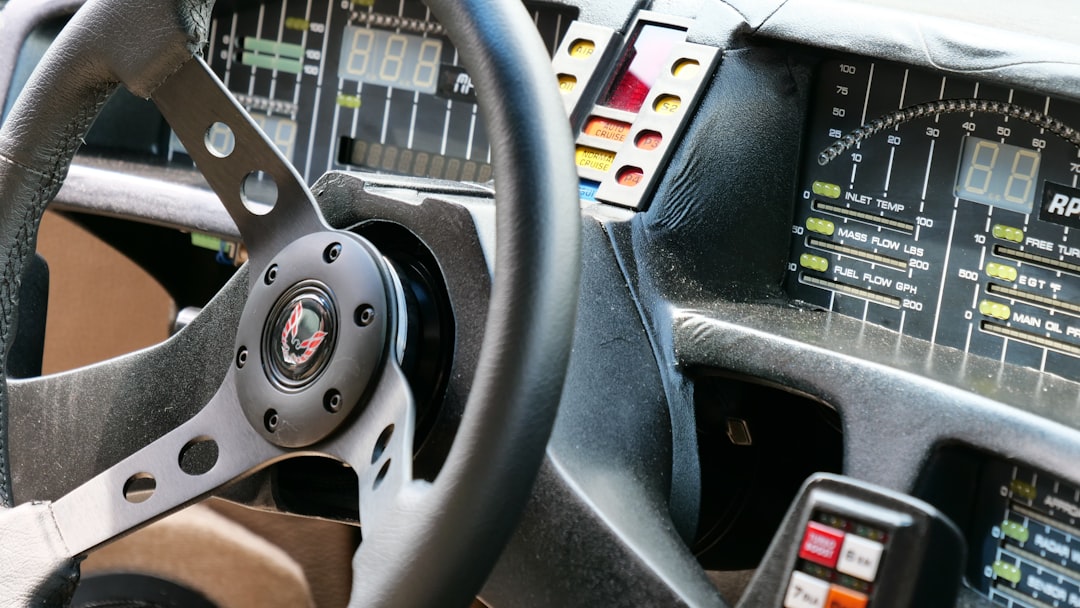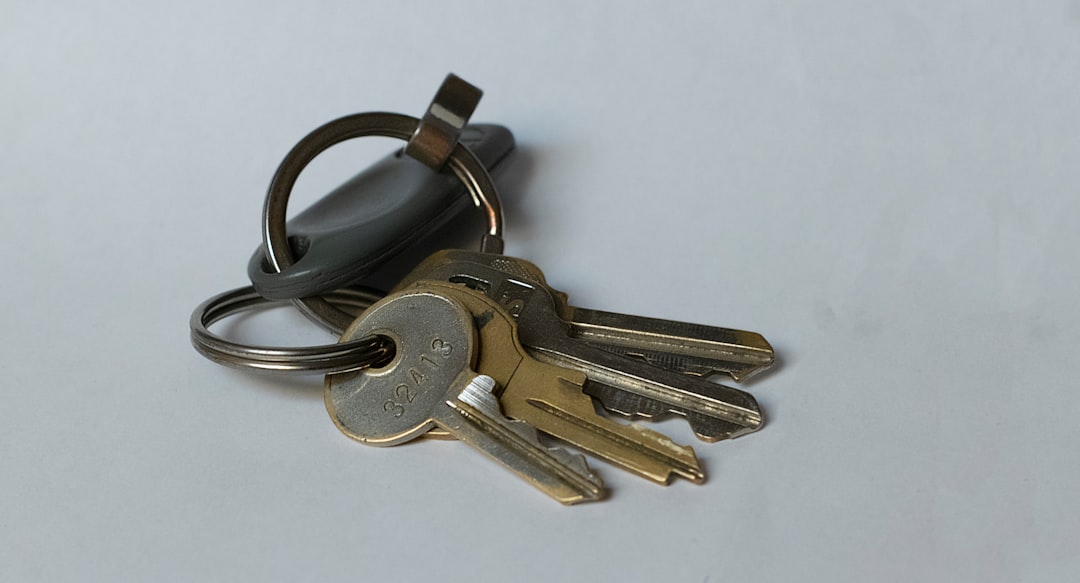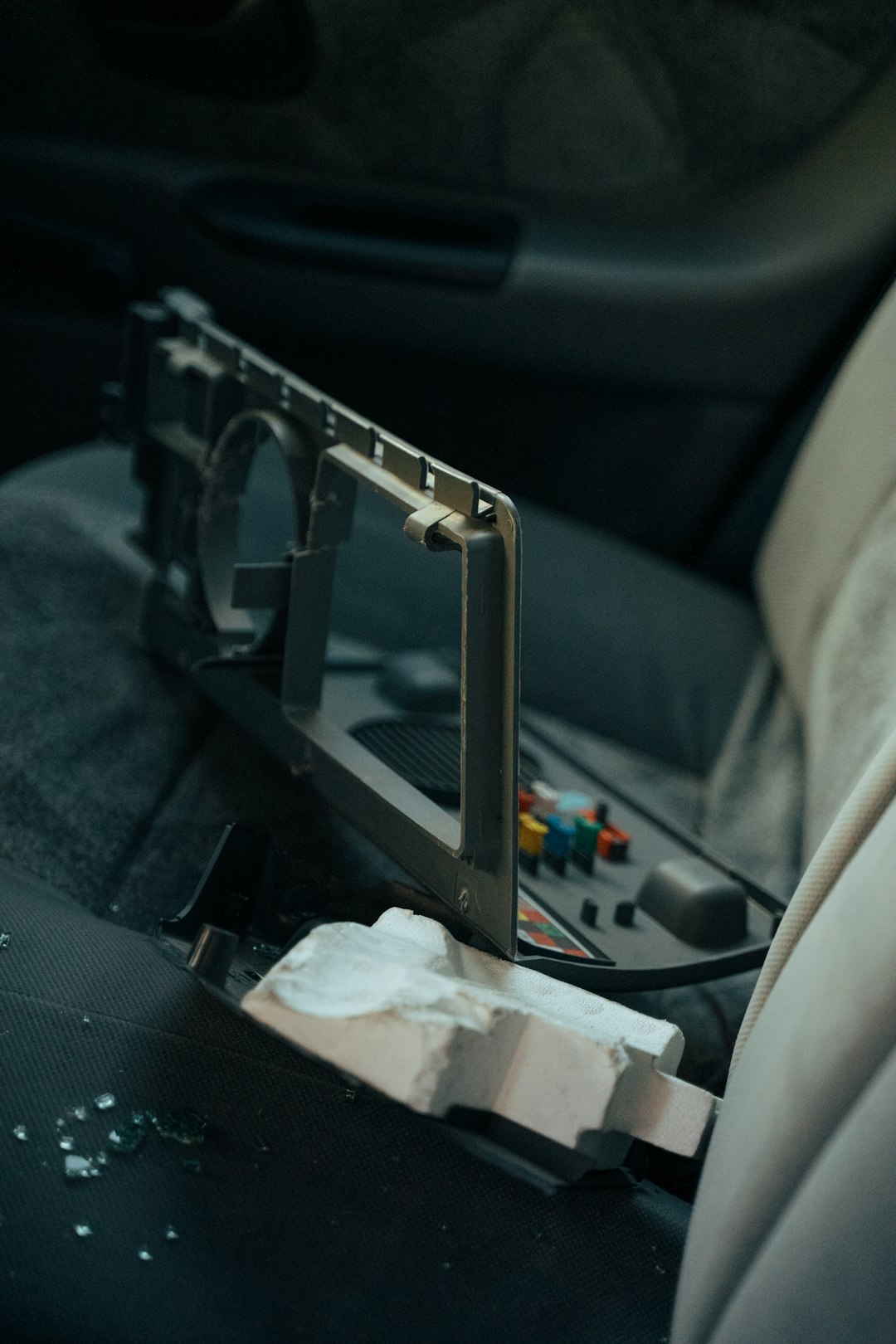Have you ever wondered how modern cars are able to deter theft even before the would-be thief turns the key? That’s largely thanks to a clever bit of technology called an engine immobilizer. Whether you’re a curious car owner or someone shopping for a new vehicle, understanding how this system works can help you appreciate how far automotive security has advanced—and whether your own car is equipped with it.
What Is an Engine Immobilizer?
An engine immobilizer is an electronic security device built into many vehicle engines. Its primary function is to prevent the engine from starting unless the correct key or token is present. This means that even if someone tries to hot-wire your car or use a duplicate key, the engine will not start without proper authentication.
The immobilizer works by sending electronic signals between the key and the car’s engine control unit (ECU). If the signal sent by the key matches what the ECU expects, the car starts. If it doesn’t, the engine remains “immobilized,” hence the name.
It’s a brilliant yet simple concept that has significantly reduced vehicle thefts worldwide since its widespread adoption in the 1990s.

How Does an Immobilizer Work?
Understanding the inner workings of an immobilizer can help you see why it’s such an effective theft deterrent. Here’s a simplified breakdown of the process:
- Transponder Key: Your car key contains a small microchip called a transponder. This chip is programmed with a unique code.
- Electronic Communication: When you insert the key into the ignition or bring a key fob into proximity (in push-to-start models), the car’s receiver reads the signal from the transponder.
- Authentication: The signal is sent to the ECU, which compares the incoming code with its stored code.
- Authorization: If the codes match, the ECU allows the fuel system and ignition to activate, starting the engine. If not, the system prevents the car from starting.
The process happens almost instantaneously and is completely invisible to the driver—but it plays a crucial role every time you start your car.
Do All Cars Have Immobilizers?
While immobilizers are now standard in most modern vehicles, not every car on the road is equipped with one. Here’s a quick breakdown to help you determine whether your car has this feature:
- Post-1998 Vehicles: In the United States, an increasing number of manufacturers began to install immobilizers around the late 1990s. Many models manufactured after 1998 in the USA and Europe are equipped with them, often due to government regulations or insurance incentives.
- Luxury Brands: Most luxury vehicles, even prior to the regulations, featured immobilizers as a premium security feature.
- Base vs Premium Models: Some entry-level trims or economy cars might not include an immobilizer unless it’s added as part of a higher trim or security package.
The best way to know for sure if your car has an immobilizer is to check the owner’s manual, consult with your dealership, or contact the manufacturer with your Vehicle Identification Number (VIN).
How to Know if Your Car Has an Immobilizer
If you’re unsure whether your vehicle includes an immobilizer, here are a few simple methods to check:
- Owner’s Manual: Most manuals will clearly indicate whether your car has an immobilizer system installed.
- Key Design: Look at your key. If it’s heavier or larger than a traditional key and has a plastic head, there’s a good chance it contains a transponder chip.
- Dashboard Indicator: Some cars feature a dashboard light that flashes when the ignition is turned off. This symbol may look like a car with a key in it or a padlock.
- Professional Check: Your local dealer or a qualified mechanic can scan your system to determine the presence and functionality of an immobilizer.

Benefits of Having an Immobilizer
A vehicle immobilizer offers a variety of advantages beyond just theft prevention. Here are some benefits:
- Security: The primary benefit is enhanced protection against unauthorized use of your vehicle. Most thieves avoid cars with sophisticated security systems.
- Insurance Discounts: Many insurance companies provide policy discounts for cars equipped with an immobilizer because of the reduced risk of theft.
- Peace of Mind: Knowing your car has protection against basic theft techniques adds confidence in vehicle ownership, especially in areas with higher crime rates.
- Compliance with Law: In some regions, immobilizer systems are required by law for newly manufactured vehicles.
Can Immobilizers Be Bypassed?
Technically, yes. No system is entirely foolproof. Skilled and determined car thieves may find workarounds using advanced hacking tools or by physically replacing engine modules. However, immobilizers dramatically increase the level of complexity and time needed to successfully steal a vehicle, making them a powerful deterrent for opportunistic crimes.
It’s important to note that modern immobilizers are also being integrated into multi-layered vehicle security systems including GPS trackers, alarms, and smartphone-accessible locks, making it even harder to bypass them successfully.
Common Immobilizer Issues
Like any electronic system, immobilizers can occasionally malfunction. Here are a few common problems:
- Key Not Recognized: Sometimes the system fails to detect the key due to a damaged or deprogrammed transponder chip.
- Dead Key Fob Battery: In keyless entry systems, a dead battery in your fob can prevent proper communication with the immobilizer.
- Faulty Immobilizer Module: The ECU or receiver inside the car may malfunction and fail to verify authentic keys.
- Wiring Issues: Damaged wiring or poor connections between components can disrupt signal flow.
If you encounter problems, it’s best to consult a professional mechanic or visit your dealership. Attempting to fix immobilizer issues without proper tools or expertise could lead to additional complications.
Can You Add an Immobilizer to an Older Car?
Absolutely! Aftermarket immobilizers are available and can be installed by professionals to enhance older vehicles’ security. These systems can be standalone or integrated with alarms and remote starters. While not quite as seamless as factory-built systems, they still offer robust protection.
When choosing an aftermarket immobilizer, look for brands that meet security standards and offer features like encrypted coding, time delay features, and remote shut-down capabilities.
Final Thoughts
An engine immobilizer remains one of the most effective passive anti-theft technologies available today. While it operates quietly in the background, its presence can make the difference between a secure vehicle and a vulnerable one.
So, does your car have one? If you own a post-1998 model or a luxury vehicle, the answer is likely yes. Otherwise, it may be worth checking—and even considering an upgrade if you find your car isn’t already protected.
In a world where automobile theft techniques are evolving, having an immobilizer is one more line of defense that can save you from the emotional and financial stress of losing your vehicle.




